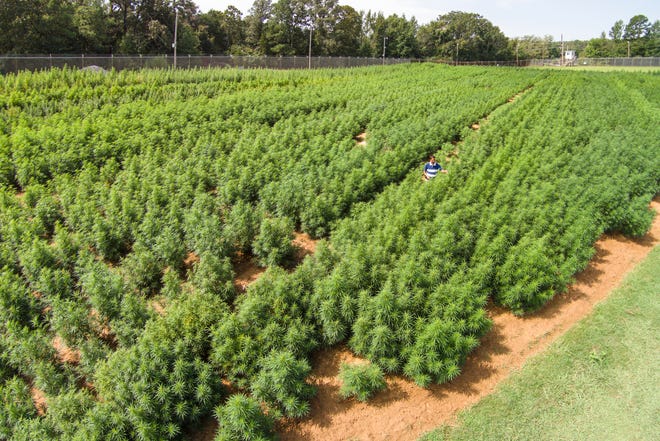A new study out last month from researchers affiliated with DePaul University and John Hopkins University helped illuminate some notable differences between men and women who are prescribed medical cannabis.
The study, published last month in the Journal of Women’s Health, found that women “are more likely to report decreased use of prescription medications to treat symptoms, and report lower levels of support from physicians for [medical cannabis] use,” and that subsequent research on gender differences among those who use medical cannabis treatment “may benefit from more detailed data related to symptomatology, utilization, dosing, and outcomes associated with [medical cannabis], and interactions with the health care system to extend these findings.”
The researchers surveyed 361 patients who participate in Illinois’ medical cannabis program. “We summarized participants’ qualifying conditions, symptoms treated with MC, perceived physician support for MC use, use of MC and prescription medications, then analyzed differences by participant gender,” the researchers wrote, noting that they found that “that men report higher levels of support for [medical cannabis] use from both specialist and primary care physicians,” while women “were significantly more likely to increase use of cannabis after acquiring an [medical cannabis] card, and to discontinue prescription medications through [medical cannabis] use,” and that “that being a woman, using [medical cannabis] to treat multiple symptoms, and reporting higher levels of support for [medical cannabis] use from a primary care provider significantly increased the likelihood of discontinuing prescription medication through [medical cannabis] use.”
Gender and Cannabis Use
Researchers have long explored differences between gender when it comes to cannabis use. In 2016, a study from researchers at Columbia University found that “prevalence of past-year marijuana use increased for both men and women between 2002 and 2014.” In that same period, researchers found, “more men reported past-year use than women, but since 2007, the rate of increase was greater for men than for women, leading to a widening of the gender gap in marijuana use over time.” But despite such differences, the researchers said it was difficult to pinpoint a clear explanation.
“These changes parallel national trends in decreased perceived harmfulness of marijuana use, and legalization of both recreational and medical use in over half of U.S. states,” said Dr. Hannah Carliner, one of the authors of the Columbia University study. “However, changes in attitudes and legality do not sufficiently explain why we observe a sharp increase in use in 2007, or why this increase was greater in men than in women.”






